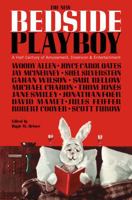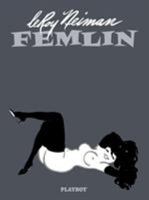The Butler Really Did It!
This Butler was never meant to serve anyone. Roosevelt Claude Lincoln Butler is his Christian name. Born in rural Mississippi to sharecroppers, his early childhood is blessed with the simple pleasures of a large loving family and the naivety of youth. But soon tragedy strikes and he and his family move up North in search of better opportunities. Roosevelt Claude Lincoln Butler learns that Gary, Indiana is a far cry from the simple life of Winona, Mississippi. Now he is forced to grow up fast and must prove himself in this new place. He begins running the streets, fighting, hustling, and using drugs. Eventually, our Protagonist realizes that this is no way to live, and things must change. Roosevelt Claude Lincoln Butler makes up his mind to change his circumstances, including battling his substance abuse problem. In doing so, he learns that there are still some demons that one cannot outrun. But Roosevelt Claude Lincoln Butler is determined to persevere. And he does indeed. He learns that he is more than the sum of his parts, and if he believes in himself he can overcome anything!
Format:Paperback
Language:English
ISBN:1690063297
ISBN13:9781690063292
Release Date:April 2021
Publisher:Independently Published
Length:270 Pages
Weight:0.88 lbs.
Dimensions:0.6" x 6.0" x 9.0"
More by Hugh Hefner
Customer Reviews
5 customer ratings | 5 reviews
Rated 5 starsCouldn't put it down!
By Thriftbooks.com User,
Nothing will ever be the same again for the residents of a small Welsh community after the arrival of a wealthy American who offers to use her money to transform their down-trodden town. As they watch the pubs, cafes, houses and shops that hold their memories being dismantled and rebuilt, the locals find their lives unravelling. Ray deals with issues of home, consumerism, domestic violence, the family and relationships in...
0Report











































